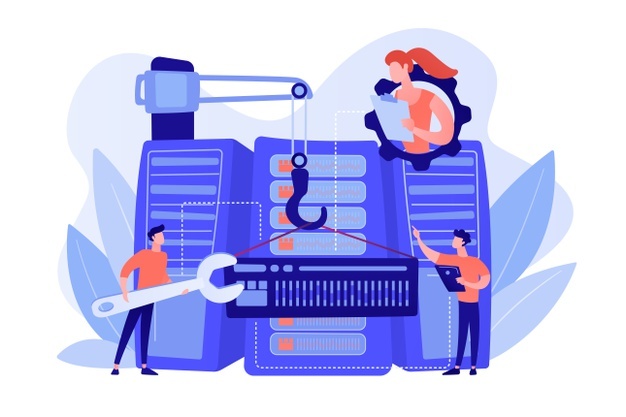Question No. 1
What factors influence the amount of initial tension?
Answer:
The factors influence the amounts of initial tension are
1. External load
2. Material used
3. Bolt diameter
Question No. 2
What is bolt of uniform strength?
Answer:
A bolt of uniform strength has equal strength at the thread and shank portion.
Question No. 3
What are the ways to produce bolts of uniform strength?
Answer:
The ways to produce bolts of uniform strength are
1. Reducing shank diameter equal to root diameter.
2. Drilling axial hole
Question No. 4
What stresses act on screw fastenings?
Answer:
Stresses act on screw fastenings are
1. Initial stresses due to screwing up
2. Stresses due to external forces
3. Combined stresses.
Question No. 5
What are the different applications of screwed fasteners?
Answer:
The different applications of screwed fasteners are
1. For readily connecting & disconnecting machine parts without damage
2. The parts can be rigidly connected
3. Used for transmitting power
Question No. 6
What are the advantages of screwed fasteners?
Answer:
The advantages of screwed fasteners are
1. They are highly reliable in operation
2. They are convenient to assemble & disassemble
3. A wide range of screws can be used for various operating conditions
4. They are relatively cheap to produce.
Question No. 7
Define pitch.
Answer:
Pitch is defined as the distance from appoint on one thread to the corresponding on the adjacent thread in the same axis plane.
Question No. 8
Define lead.
Answer:
Lead is defined as the distance, which a screw thread advances axially in one rotation of the nut.
Question No. 9
What are the different types of metric thread?
Answer:
The different types of metric thread are
1. BSW (British standard Whit worth)
2. BSE (British standard End)
Question No. 10
Define welding.
Answer:
Welding can be defined as a process of joining two similar or dissimilar metals with or without application of pressure along with or without addition of filler material.

